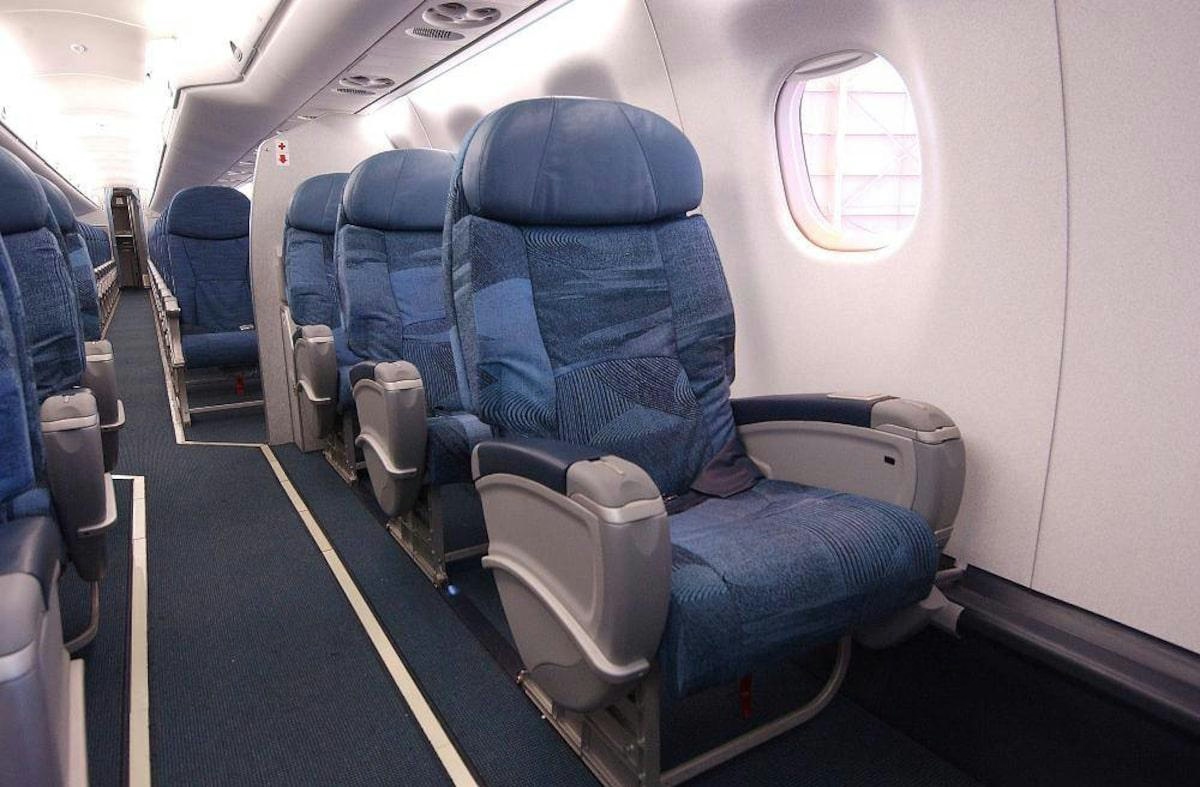
Email più intelligenti, business più veloce. Tag automatici, analisi e risposte immediate a richieste, preventivi, ordini e altro.
Tendenze
MTU Aero Engines CEO Wagner to Join Airbus in November
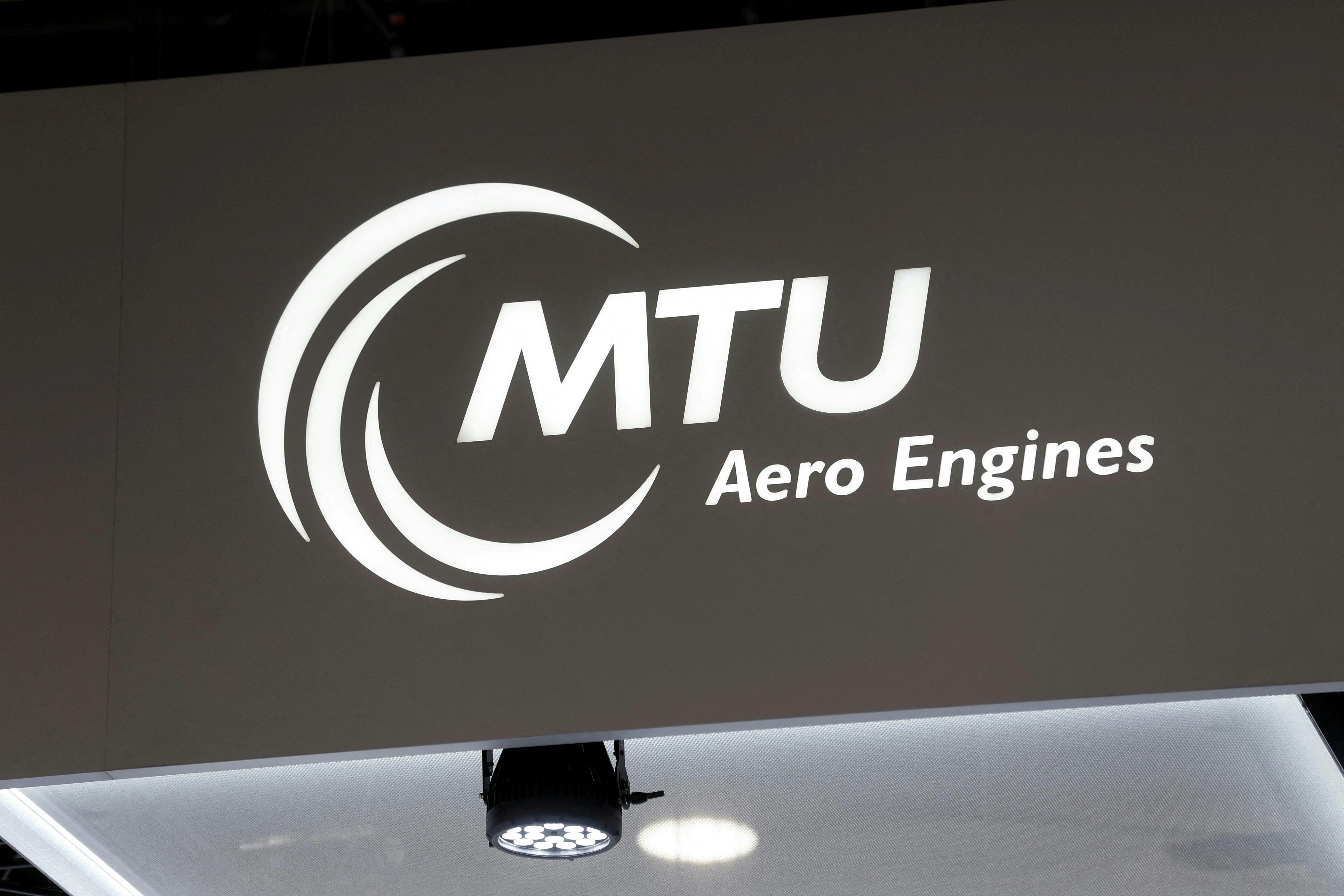
MTU Aero Engines CEO Lars Wagner to Join Airbus in November
Lars Wagner, the current CEO of MTU Aero Engines, is set to join Airbus in November, signaling a significant leadership shift within the aerospace sector. This transition occurs amid a critical period for the industry, as manufacturers intensify efforts to develop next-generation propulsion technologies and reinforce strategic collaborations.
Implications for MTU Aero Engines and Airbus
Wagner’s departure from MTU Aero Engines raises important questions about the company’s future trajectory and the continuity of its ongoing projects. MTU has been a key player in several high-profile engine programs, and the appointment of new leadership may introduce a period of adjustment that could affect both internal operations and external partnerships. Industry analysts suggest that such executive changes often bring challenges as companies navigate shifts in strategic priorities and management styles.
At Airbus, Wagner is expected to assume a pivotal role in advancing the company’s hydrogen fuel cell propulsion initiatives. His expertise is anticipated to be instrumental as Airbus aims to establish itself as a leader in sustainable aviation technology. Nonetheless, market observers caution that Wagner’s influence may also introduce uncertainties regarding the pace and direction of Airbus’s hydrogen development efforts, given the complexity and ambition of these projects.
Broader Industry Impact and Competitive Dynamics
The leadership change at Airbus is likely to prompt strategic responses from major competitors, including Rolls-Royce and General Electric Aviation. Both firms are closely monitoring the situation as they refine their own propulsion technology strategies in an increasingly competitive environment. This evolving landscape may lead to shifts in market positioning and the formation of new alliances as manufacturers seek to maintain technological and commercial advantages.
Furthermore, Wagner’s appointment could have repercussions beyond fixed-wing aircraft propulsion. His strategic priorities may influence the broader European industrial consortium’s efforts to develop advanced helicopter engines, potentially reshaping collaborative dynamics, project timelines, and resource allocation within these multinational initiatives.
As Wagner prepares to assume his new responsibilities at Airbus, stakeholders across the aerospace sector will be closely observing how this leadership transition influences the future of propulsion technology and industry partnerships.
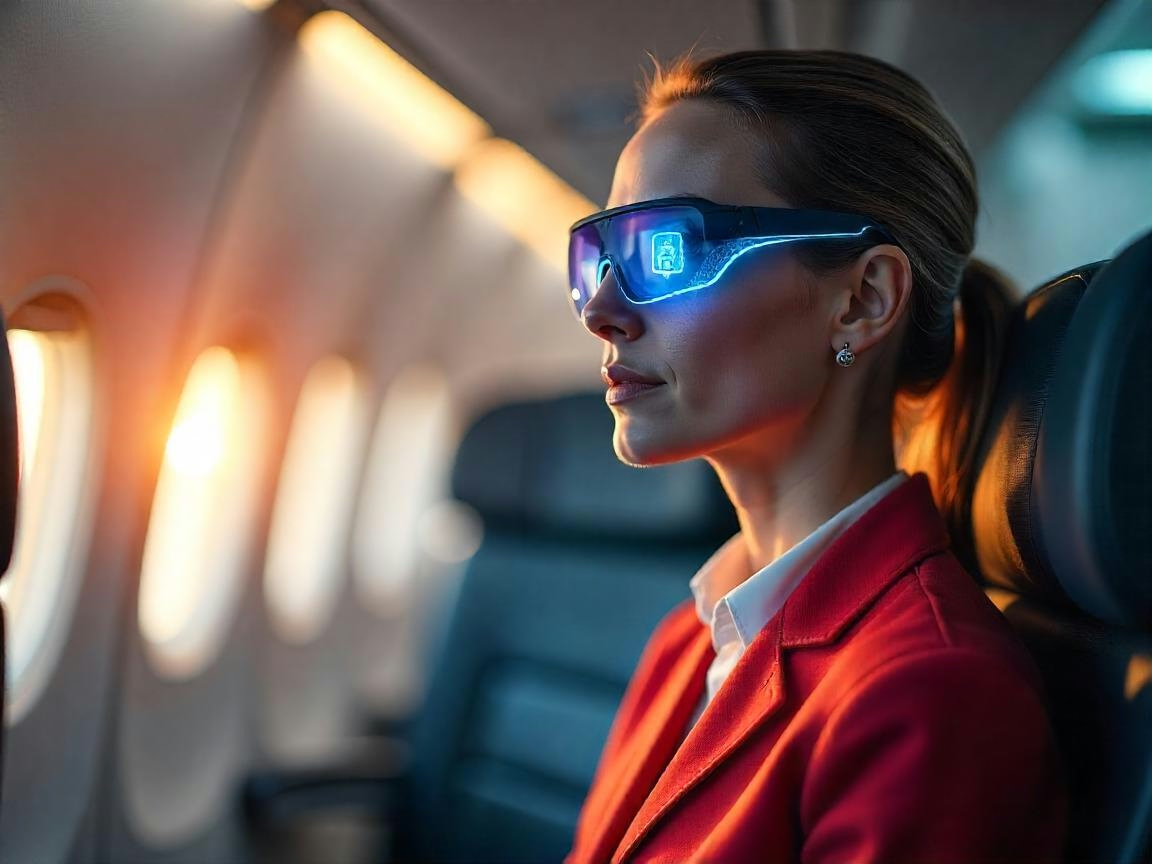
Delta Air Lines Prohibits Personal AI Smart Glasses for Flight Attendants
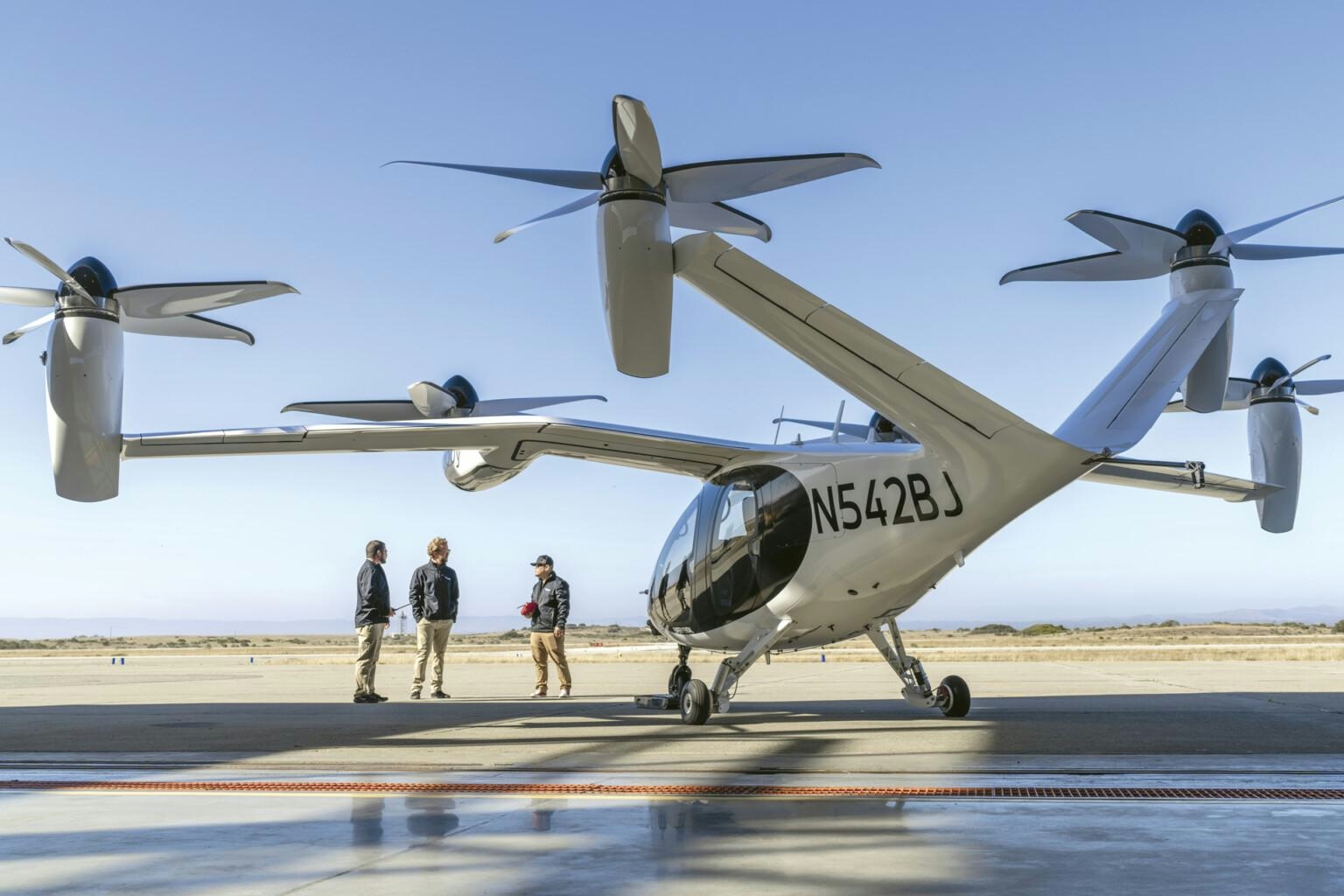
Emerging Roles Shaping the Future of Aviation
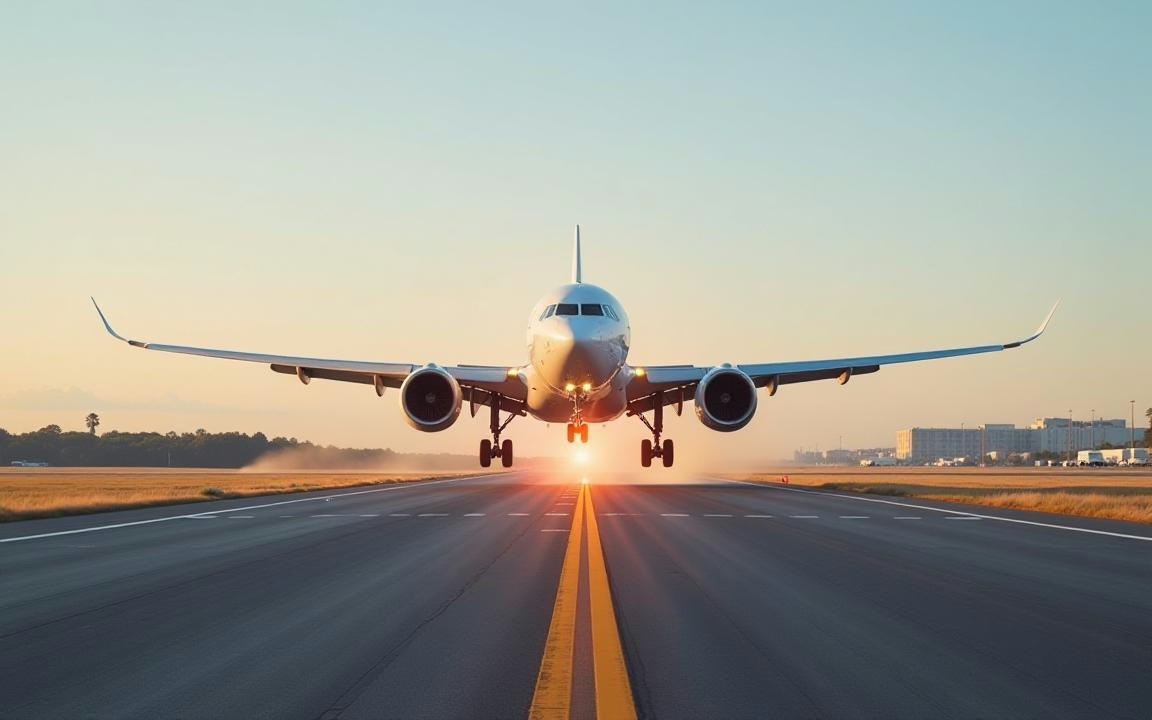
Airline Stocks Face Uncertainty Amid Tariff Concerns
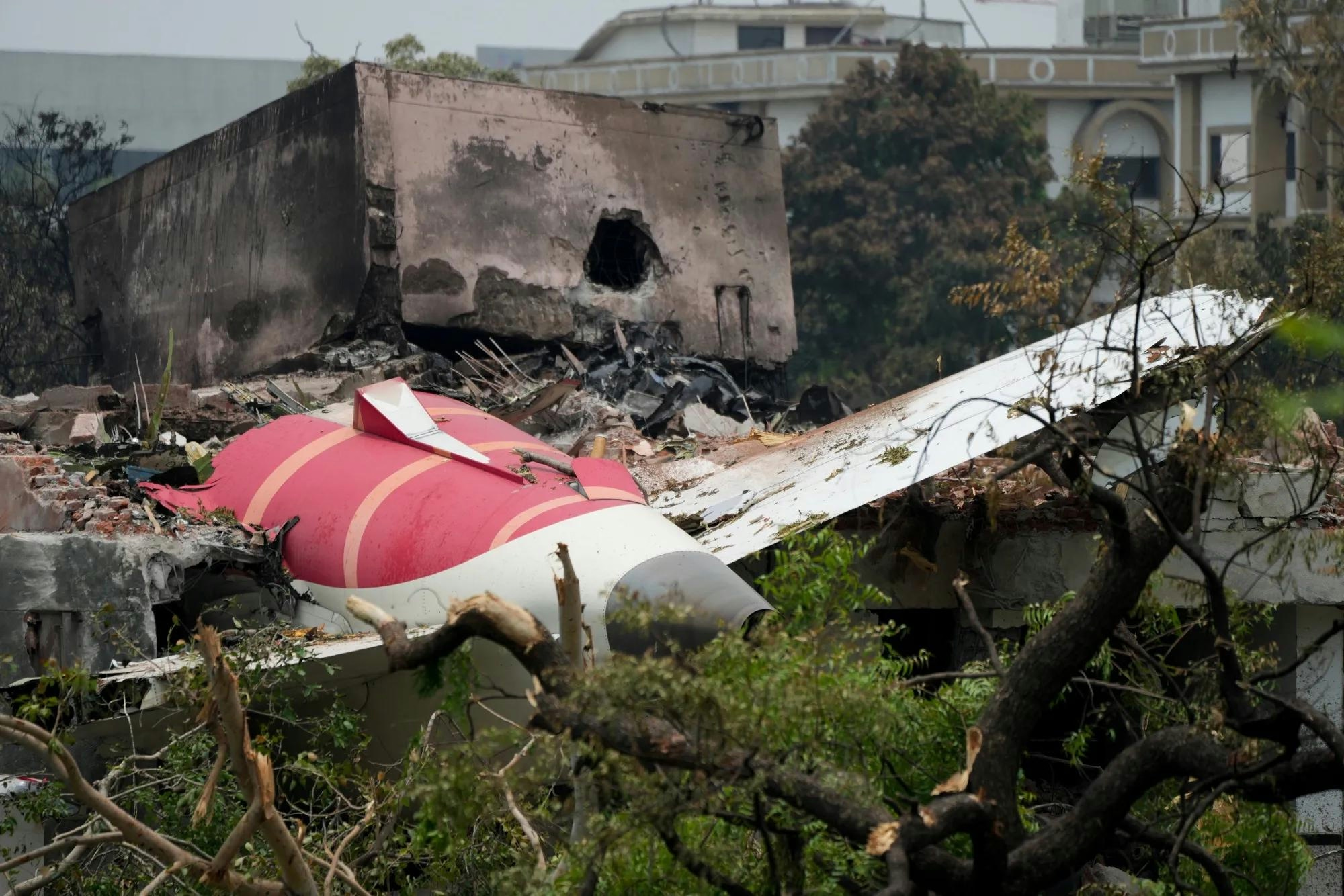
Air India Crash: How Detailed Were Earlier AAIB Preliminary Reports?
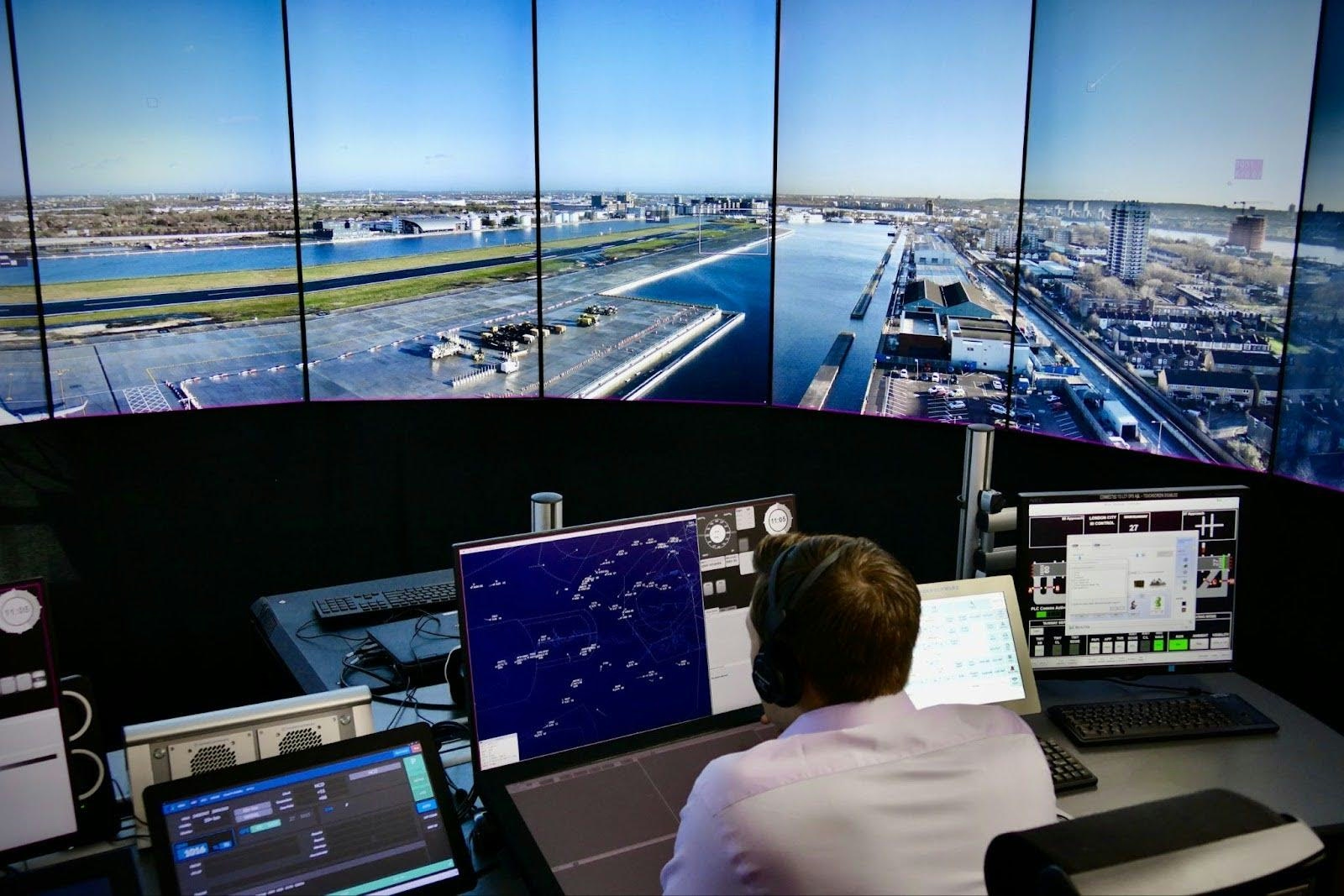
Could AI Replace Air Traffic Controllers to Improve Aviation Safety?
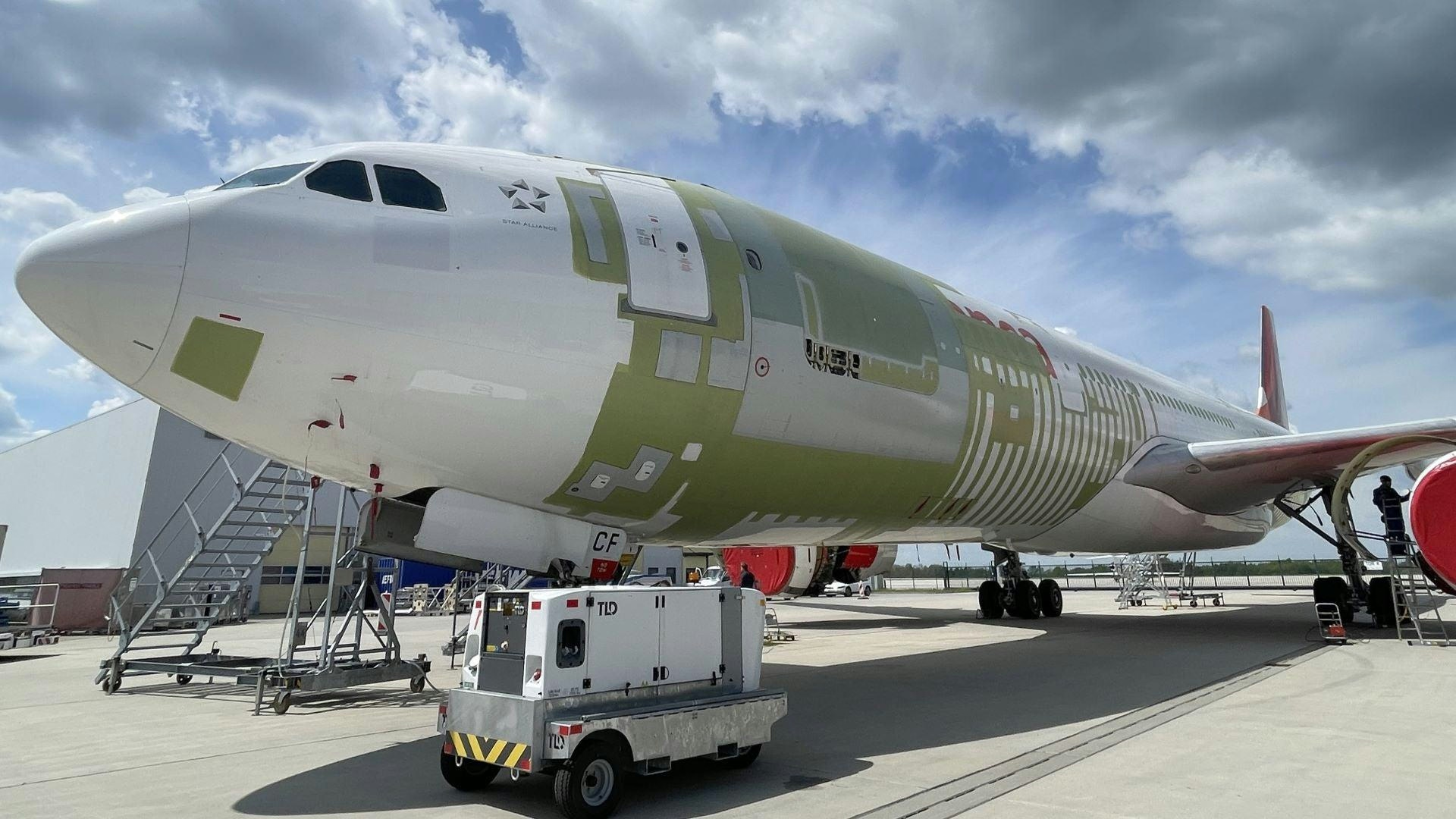
Amazon Acquires A330-300 from Stratos for Passenger-to-Freighter Conversion
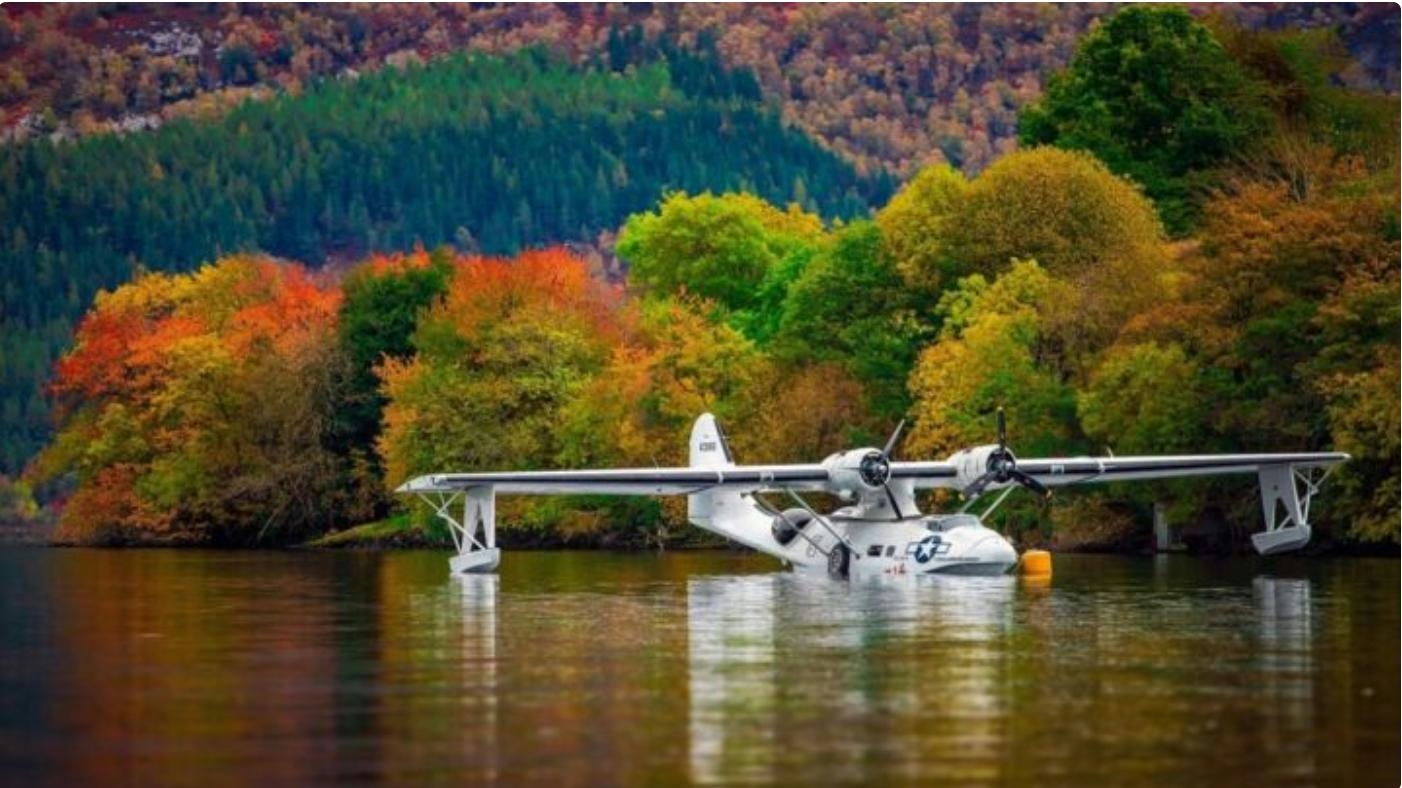
PBY-5A Catalina 'Miss Pick Up' Returns to Duxford After Engine Replacement in France
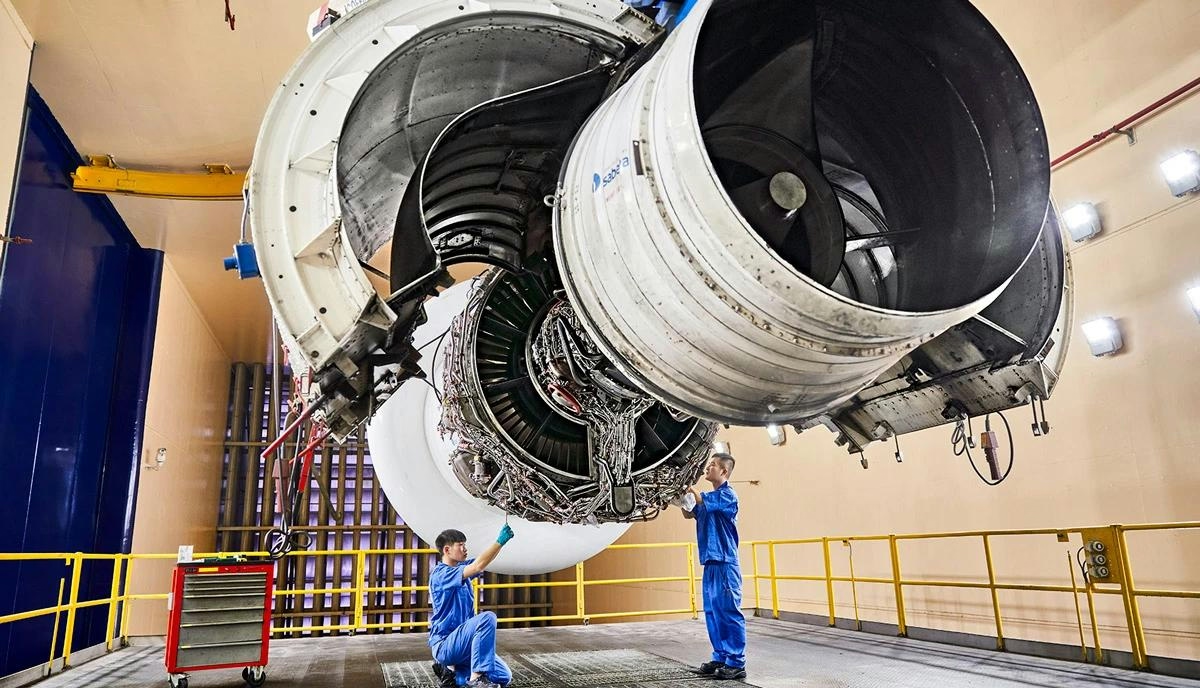
Airbus Appoints MTU Aero Engines CEO to Lead Commercial Aircraft Division
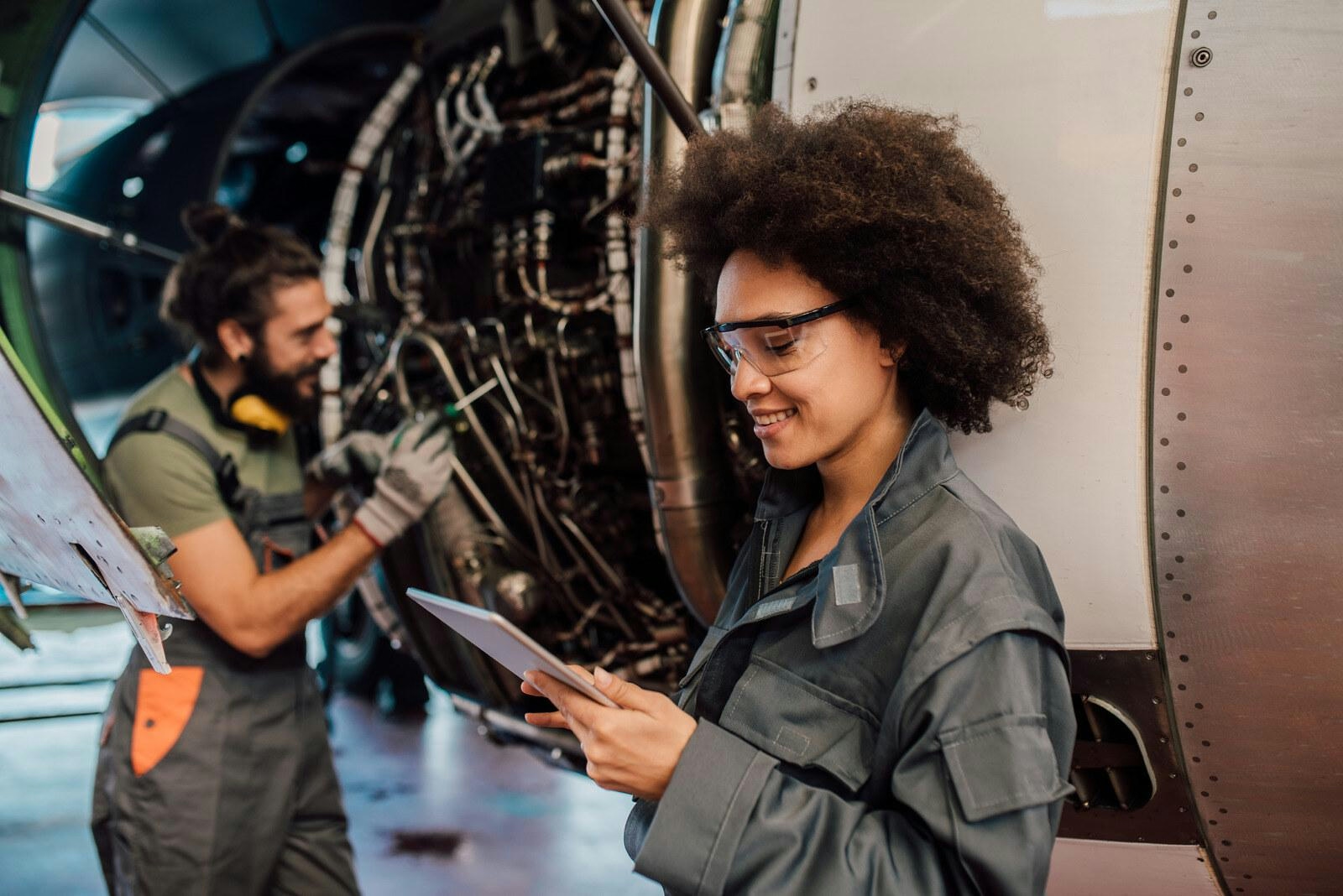
Establishing a Career Pathway from High School to the MRO Industry
